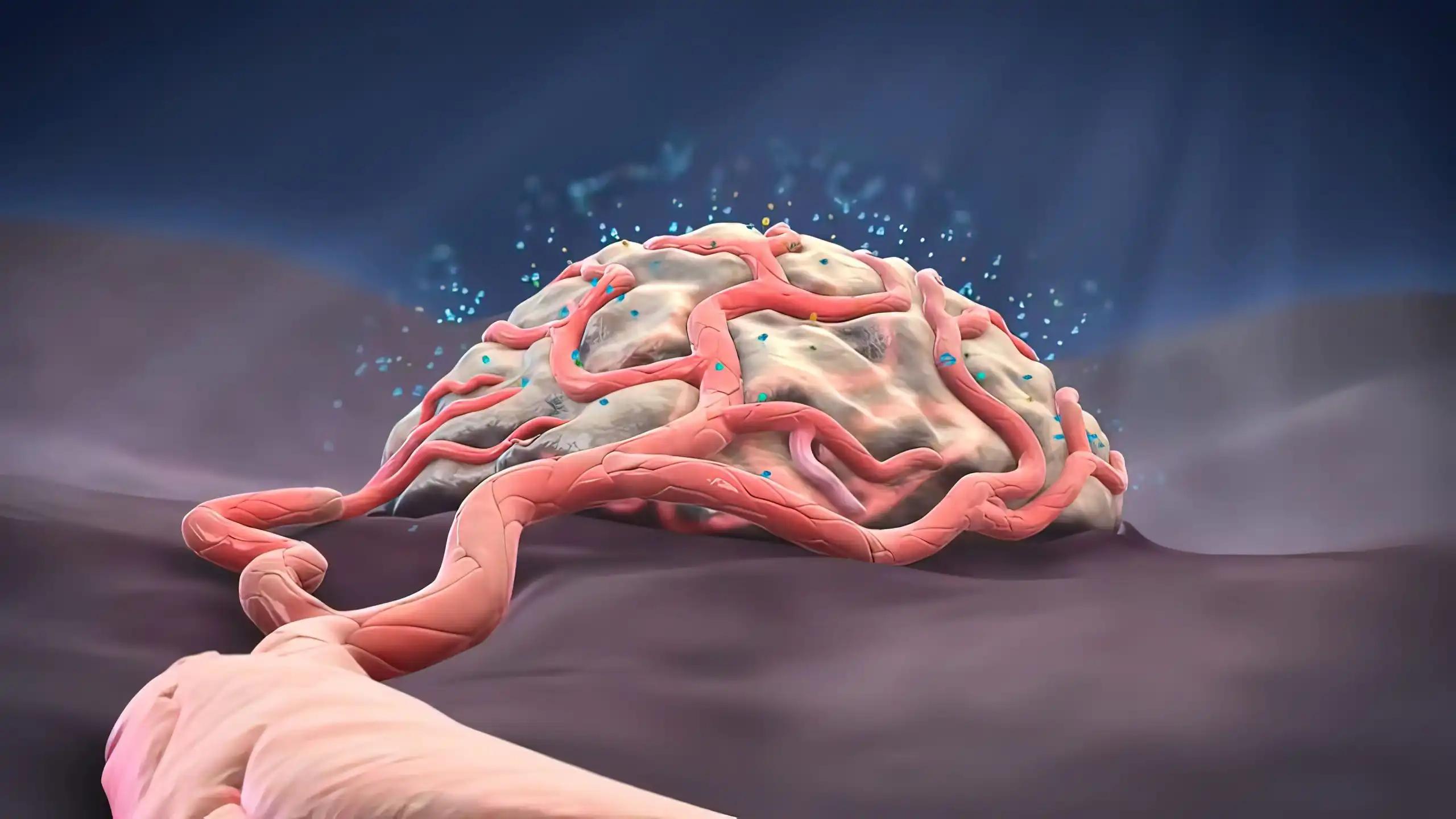KEY TAKEAWAYS
- The IMpassion132 phase 3 trial aimed to assess the efficacy of first-line chemotherapy with ICI in patients with early-relapse aTNBC.
- The primary endpoint was OS.
- The study concluded that patients with early-relapsing aTNBC need a biology-based definition for effective treatment strategies.
In some patients with early-relapsing unresectable locally advanced or metastatic triple-negative breast cancer (aTNBC), immune checkpoint inhibitors (ICIs) enhance the effectiveness of first-line chemotherapy. However, data on early relapse are scarce.
Rebecca Dent and the team aimed to evaluate the efficacy and safety of ICIs in patients with early-relapse aTNBC.
The study recruited patients with aTNBC experiencing relapse within 12 months after the last anthracycline- and taxane-containing adjuvant chemotherapy or primary TNBC surgery. PD-L1 status was centrally evaluated using SP142 before randomization. Initially, patients were enrolled regardless of PD-L1 status.
In August 2019, the protocol was amended to focus on enriching PD-L1+ (tumor immune cell ≥1%) aTNBC. Stratification factors included investigator-selected chemotherapy (capecitabine 1000 mg/m2 bid d1–14 q21d [X] or carboplatin AUC2 + gemcitabine 1000 mg/m2 d1 & 8 q21d [CG]), presence of visceral (lung and/or liver) metastases, and (until August 2019) PD-L1 status.
Patients were randomized 1:1 to receive either a placebo or atezolizumab 1200 mg q21d alongside the chosen chemotherapy until progression or unacceptable toxicity. Crossover was not permitted. The primary endpoint was overall survival (OS), assessed hierarchically first in PD-L1+ patients and, if positive, in the modified intent-to-treat (mITT*) population. Secondary endpoints included progression-free survival (PFS), objective response rate (ORR), and safety.
Among the 354 PD-L1+ patients (out of 595 patients enrolled), 68% experienced a disease-free interval of less than 6 months, and 73% received carboplatin plus gemcitabine chemotherapy. The primary objective was not achieved; subgroup findings were consistent. PFS showed no significant differences across treatment arms and patient populations (median approximately 4 months). ORRs were 28% with placebo plus chemotherapy versus 40% with atezolizumab plus chemotherapy.
Adverse events (mainly hematological) were largely comparable between treatment groups and in line with expectations for atezolizumab plus carboplatin and gemcitabine or capecitabine in early-relapsing aTNBC.
The study concluded that individuals with early-relapsing aTNBC face a poor prognosis, with no improvement observed with atezolizumab treatment. To optimize treatment approaches and develop next-generation clinical trials, a biology-based definition of intrinsic resistance to immune checkpoint inhibitors in aTNBC is urgently needed.
The trial was sponsored by the Hoffmann-La Roche.
Source: https://cslide.ctimeetingtech.com/breast24hybrid/attendee/confcal/show/session/15
Clinical Trial: https://clinicaltrials.gov/study/NCT03371017
Dent RA, Gonçalves A, Martin Jimenez M, et al. (2024). “IMpassion132 double-blind randomised phase III trial of chemotherapy (CT) ± atezolizumab (atezo) for early-relapsing unresectable locally advanced or metastatic triple-negative breast cancer (aTNBC).” Presented at ESMO-BC 2024 (ID 210)



